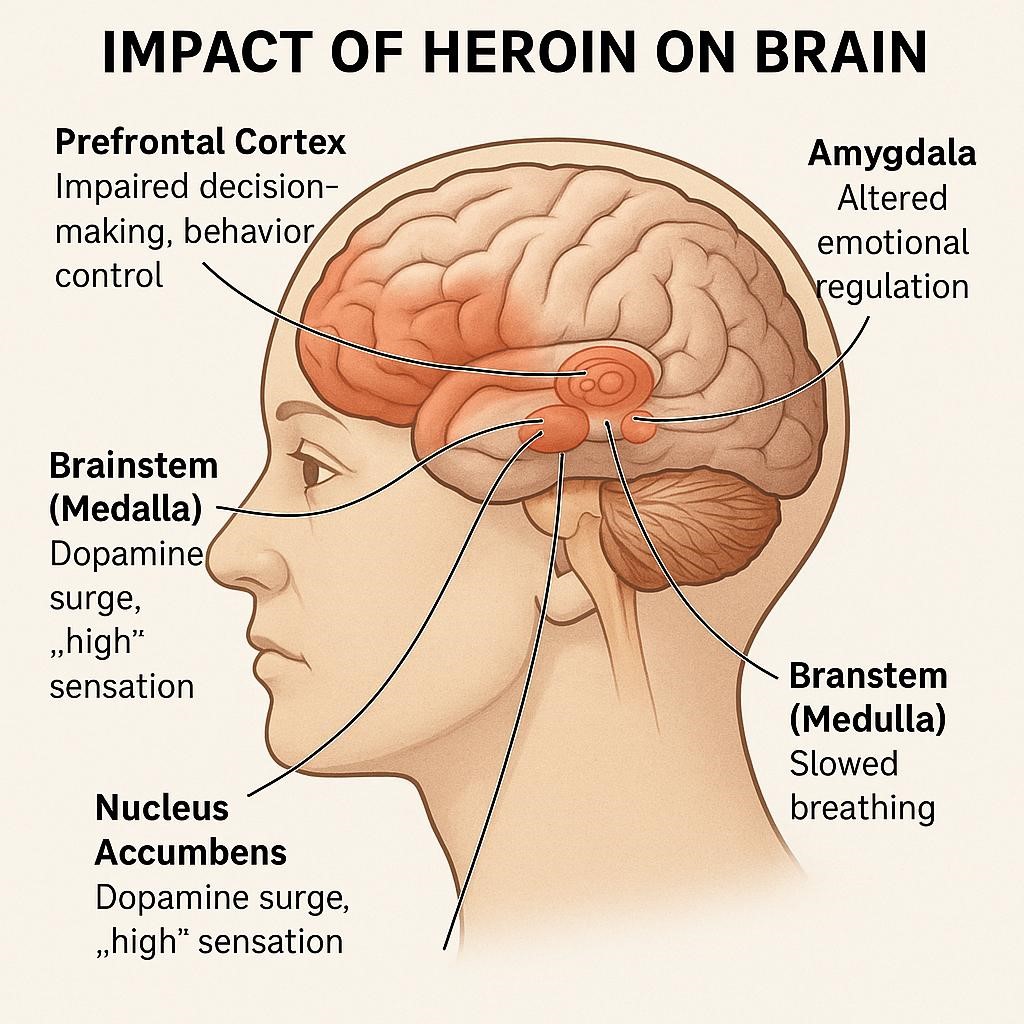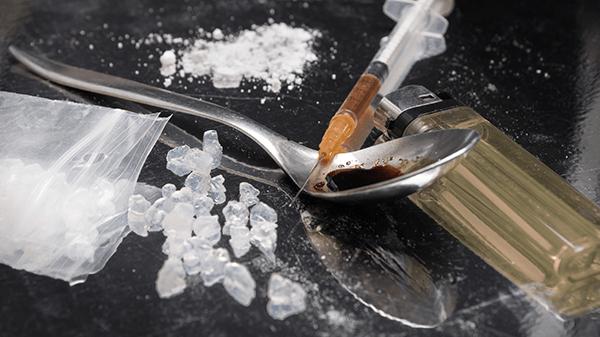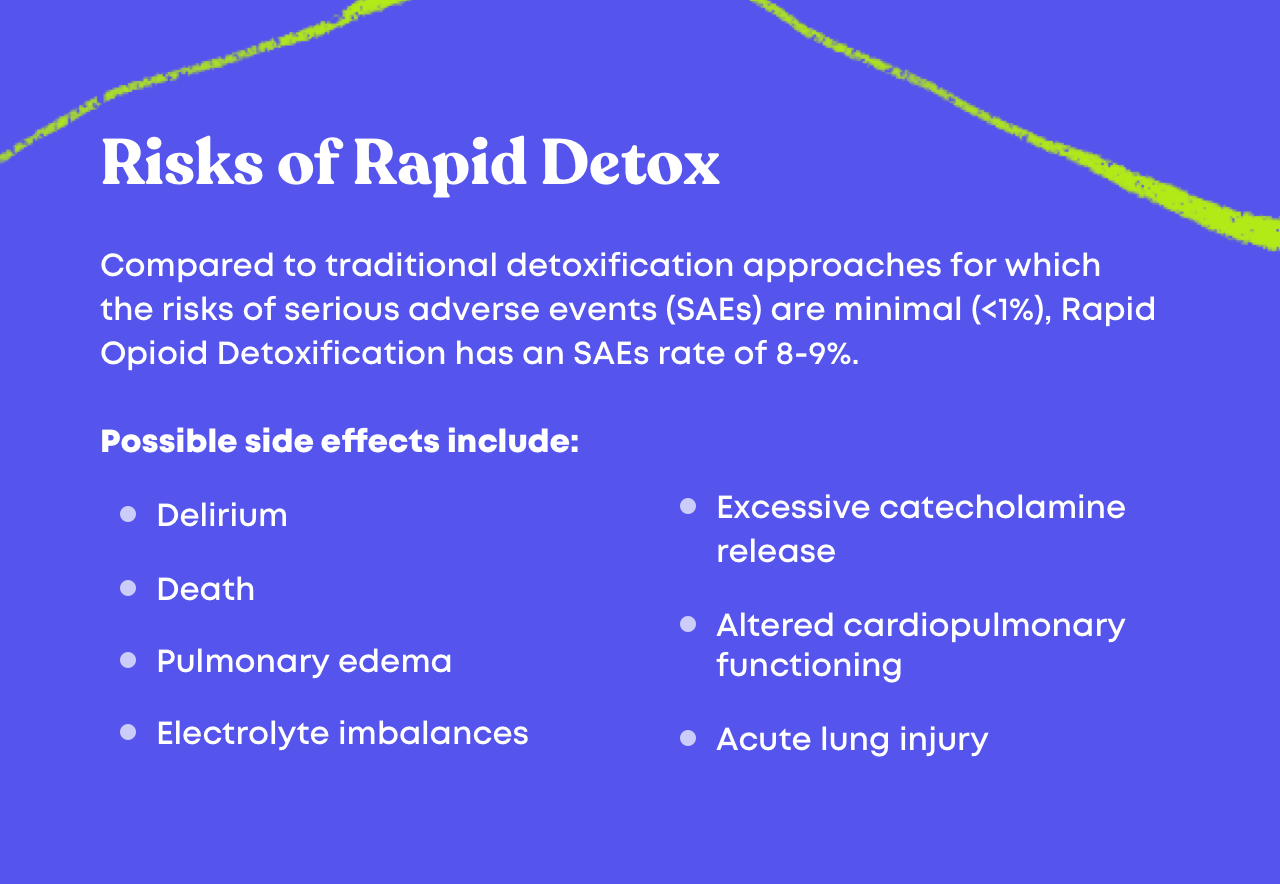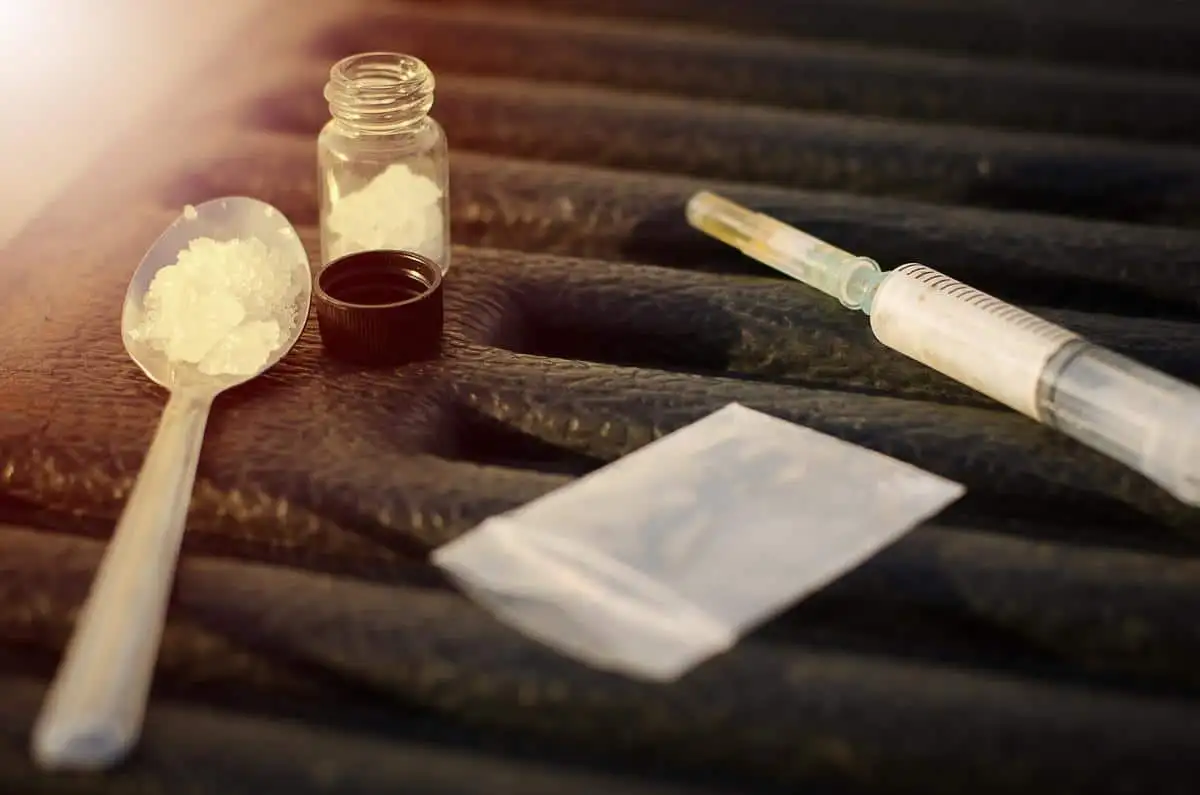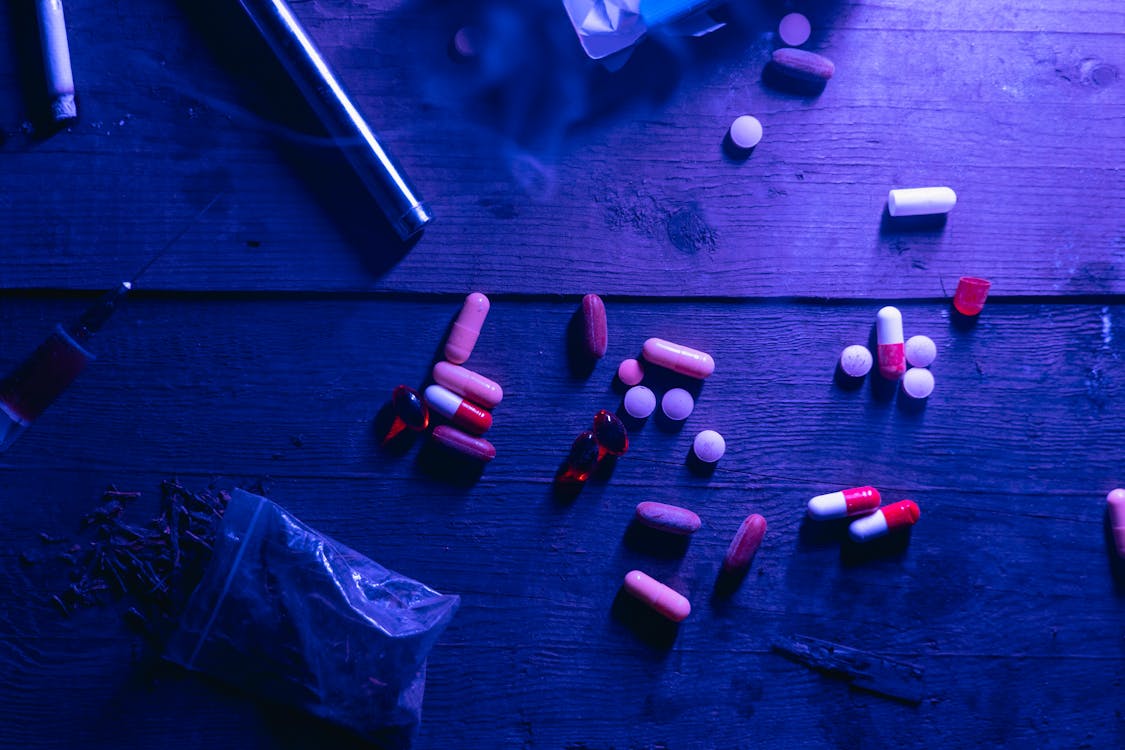
How to Control Your Anger Before It Controls You
In today’s fast-paced and stressful world, anger has become a common emotional response. Whether triggered by traffic jams, work stress, relationship issues, or personal disappointments, uncontrolled anger can lead to



